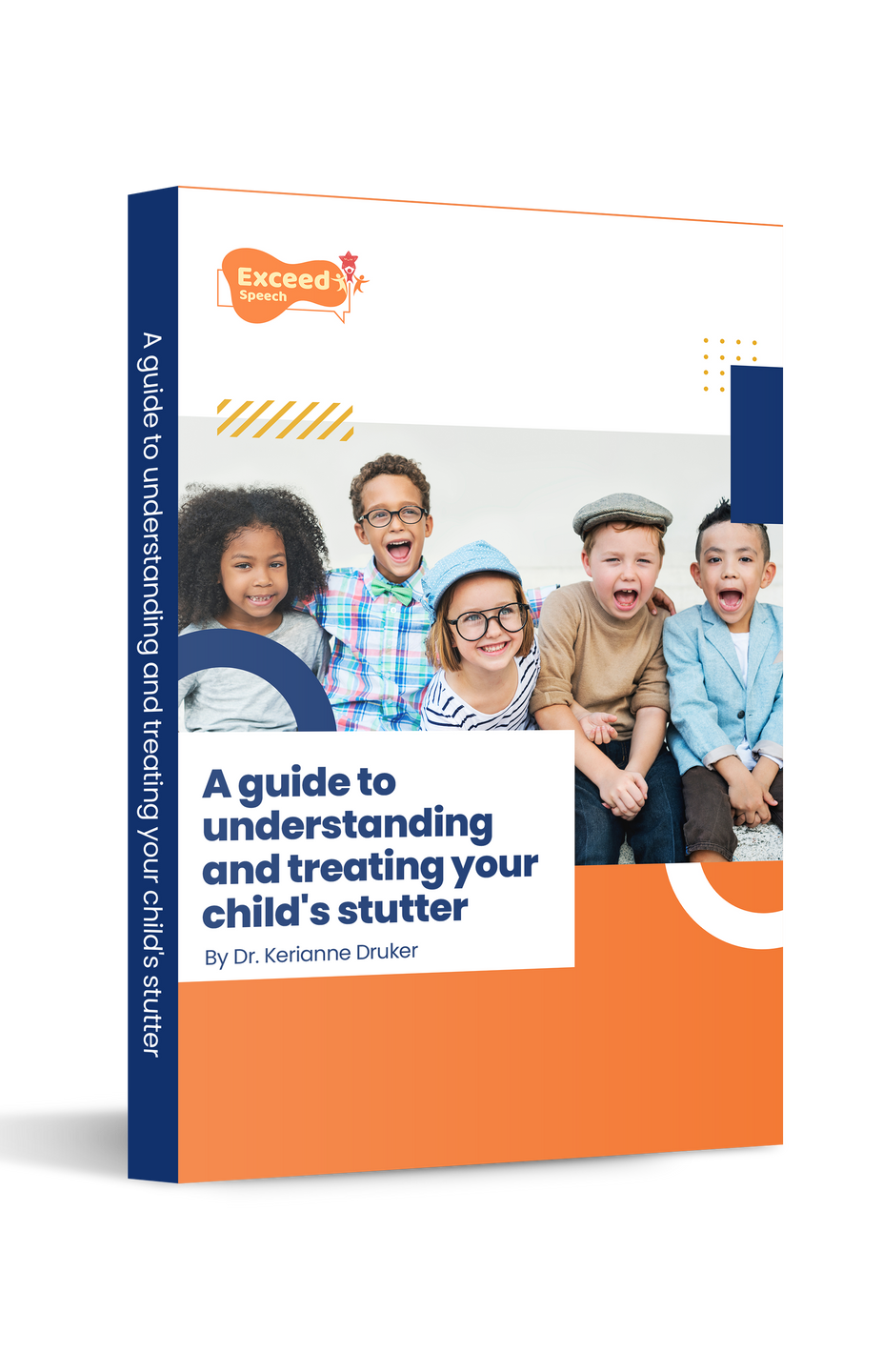Robust Theme
Dec 09, 2019 2020-04-08 7:40Robust Theme
3 signs to watch out for to decide if your child needs a Speech Pathologist

There are so many things to think about as a parent, that we are often left doubting ourselves by the million little decisions we have to make every day. Some decisions are menial and some are very important that could possibly have significant long term impacts on our little ones.
Taking the step to reach out to a speech pathologist is a decision that can potentially help close the gap between your child and their peers, and prevent long negative social, emotional and learning consequences. However, there is so much information out there available on Google, from grandparents, teachers and friends that can often leave you doubting yourself and your gut instincts – are you overthinking this possible small delay in your child’s development? Is this something that your child might grow out of naturally? Do you want to bring attention to an aspect of your child’s development that they seem to be struggling with, but don’t seem to have noticed yet?
Here is a list of 3 key red flags to watch out for to help you decide if you should make that booking with a Speech Pathology to investigate your concerns:
- Frustration about communication
Communication is a basic human right and is the way people interface with society – regardless of a age or stage of life. When a child is having trouble with their communication skills (e.g., being misunderstood by others due to speech sound errors, or finding it hard to sequence their thoughts to express their wants and needs successfully), it is really important to offer your child the support they need.
Seeing your child get frustrated about their communication – while heartbreaking – can be looked at as a positive sign. They have the desire and will to communicate more effectively – they just need the help to do it!
- Difficulty socialising
A hallmark sign that a child is having trouble with their communication skills is when they appear to have trouble making or relating to their friends in conversation or during play.
For example, if your child is unable to follow along with a pretend play idea that is being carried out, or is not easy to understand because of their speech sound errors – other children often assume your child might be younger than they actually are - resulting in your child being excluded from the play activity.
- Trouble managing and regulating emotions
Extensive research has found that a child’s language skills are strongly linked with a child’s emotional regulation skills. If a child does not have the words to label their feelings, or verbalise what is making them frustrated, they often end up melting down and appearing highly dysregulated.
What next?
I offer free 10 minute consultations to chat through any of your concerns. Once we finish our call, you will either be assured your concern is actually a normal part of your child’s communication development, or it will be confirmed that a speech pathology assessment would be worthwhile.
Early intervention for communication delays or disorders is CRUCIAL. Don’t miss out on this crucial window of time where you could potentially be maximising your child’s learning and communication potential. Book now.

Free eBook
A guide to understanding and treating your child’s stutter
Take a sneak peak of what the Stuttering Toolkit has to offer, and learn about the treatment principles that have proven successful for more than 90% of children who stutter.
Get Free eBook

